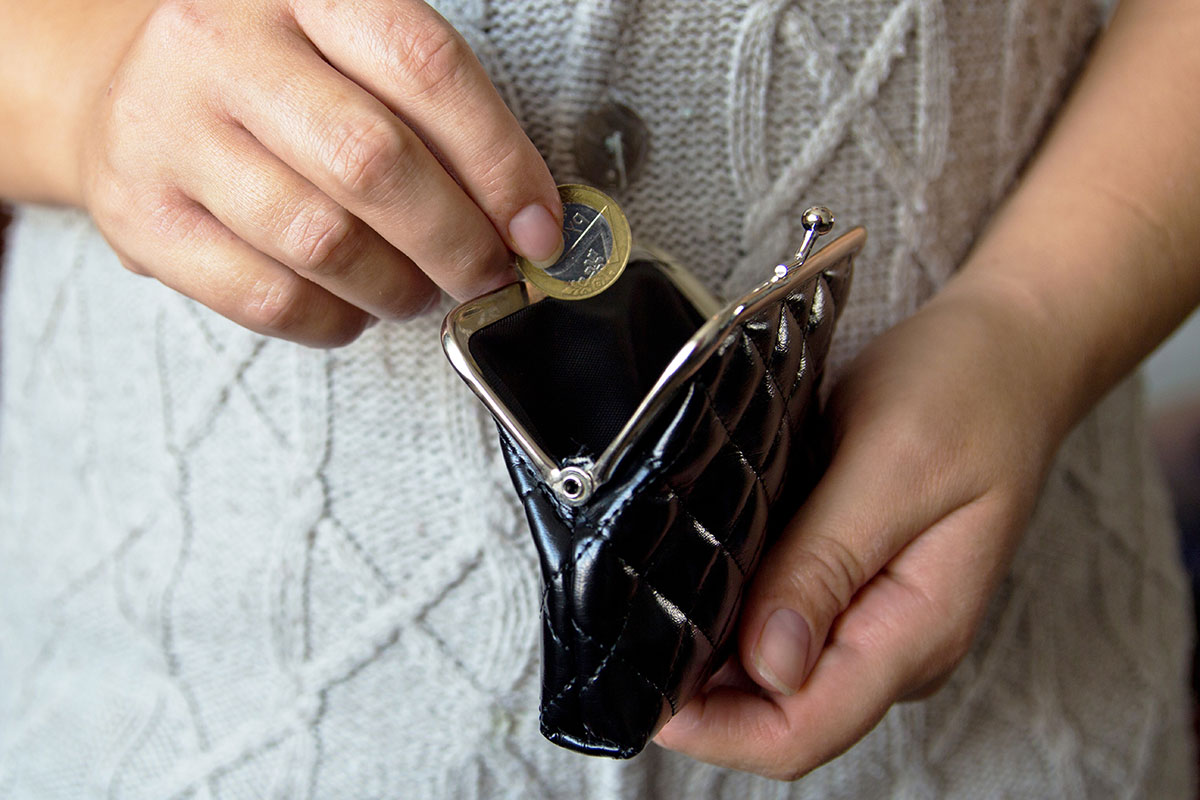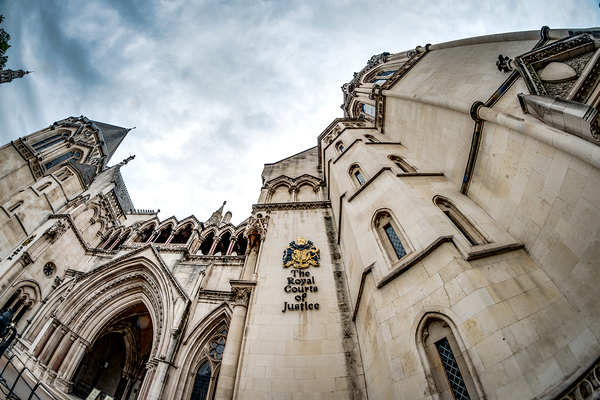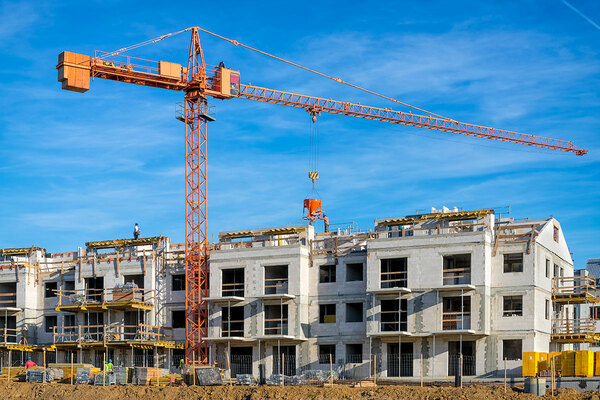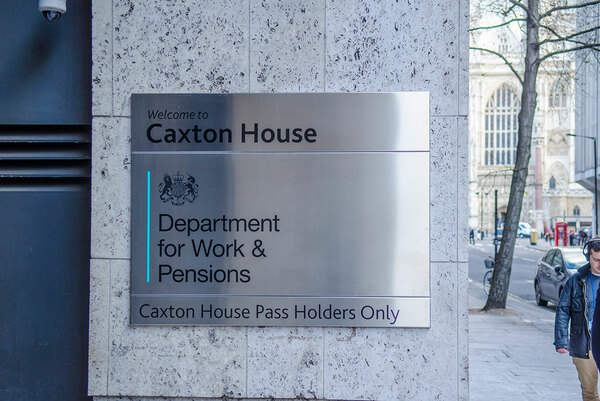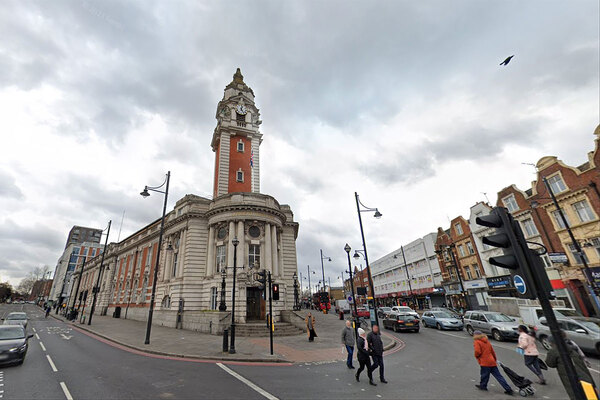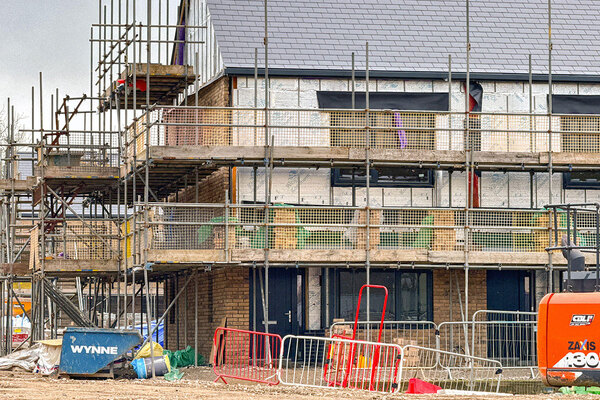You are viewing 1 of your 1 free articles
Universal Credit to be cut and Local Housing Allowance to be refrozen from April
Universal Credit will be cut and Local Housing Allowance (LHA) rates refrozen despite a predicted surge in unemployment.
Early in the coronavirus crisis in late March, the government boosted the Universal Credit standard allowance and working tax credits by £20 a week and increased LHA rates – which determine how much welfare support for housing costs private renters can claim – to reflect the cheapest third of rents in an area.
But Spending Review documents published today indicate that neither of these measures will be kept in place.
That is despite chancellor Rishi Sunak revealing today that unemployment is expected to surge to 2.6 million by the middle of the year due to the pandemic’s impact on businesses.
Budget tables show that ministers do not anticipate the £6bn spent on boosting Universal Credit and working tax credits in 2020/21 to reoccur next financial year.
And an accompanying report by spending watchdog the Office for Budget Responsibility (OBR) said the government has decided that LHA rates “will be frozen in cash terms from 2021/22 onwards”.
That means the value of housing benefit levels “will fall back below the 30th percentile of local rents over time”, the OBR added, as rents continue to increase.
Private renters relying on benefits to help with their housing costs will therefore see a growing shortfall in their income against rent.
LHA rates were frozen by former chancellor George Osborne for four years between 2016 and 2020.
The OBR expects the return of the freeze to result in the government spending only an extra £300m on LHA by 2025/26, compared to £1bn during 2020/21.
From April, the Universal Credit minimum income floor for the self-employed – dropped in March because of COVID-19 – will also return.
The minimum income floor sets a bottom threshold for how much the government expects the self-employed to earn, meaning some claimants will see their benefit awards reduce.
Ben Beadle, chief executive of the National Residential Landlords Association, hit out at the government’s decision to refreeze LHA rates.
“Many renters and landlords are struggling with the consequence of rent arrears through no fault of their own, yet the government is failing to take the action needed to address this,” he said.
Analysis by the Joseph Rowntree Foundation carried out this month suggested that 5% of private tenants in England are already in arrears – around 200,000 households – while 30% are worried about paying their rent in the next three months.
Sign up for our Breaking News alert
Already have an account? Click here to manage your newsletters
Related stories
